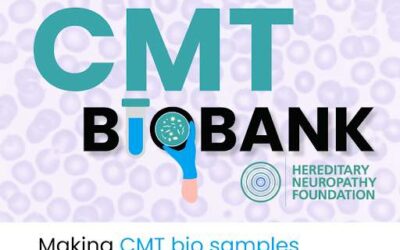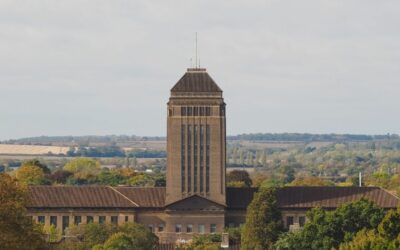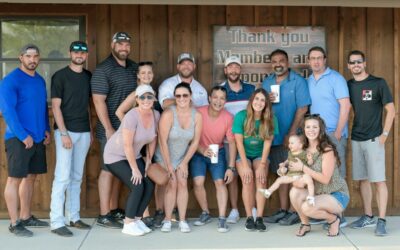University of Miami – The Saporta CMT Stem Cell Laboratory is a state-of-the-art facility working to develop iPSc’s for CMT4A (GDAP1) and CMT6 (C12orf65, also known as MTRFR gene).
Both subtypes of CMT require models to test various therapeutics. HNF has developed these models to support multiple collaborations amongst Dr. Saporta and within HNF’s TRIAD research partnerships.
Learn More
Learn More
Jaxson’s Clayshoot for Mito CMTs
Jaxson’s Clayshoot for Mito CMTs Among the various forms of CMT, mitochondrial CMT (Mito-CMT) represents a particularly challenging subset, where genetic mutations impact the mitochondria—often referred to as the powerhouse of the cell. For those living with Mito-CMT,...
2025 CMT Roadshow Coming to a City Near You?
Do you want to make a difference in CMT research? HNF is looking for patients with a confirmed CMT diagnosis to participate in the CMT Biobank
Cambridge-led natural history study identifies MTRFR/C12orf65 deficiency to improve diagnosis and therapy development
This research will potentially show a method that may be quicker and better at identifying baseline disease phenotypes to support research and clinical trials. Cambridge-led retrospective natural history study funded by the Hereditary Neuropathy Foundation identifies...
Battersby Lab Donor Story: Fighter Moms Donate to Vital Research into Mitochondrial Diseases
Battersby Lab Donor Story Fighter Moms Donate to Vital Research into Mitochondrial Diseases
Jaxson’s Clay Shoot 2021
Jaxson’s Clay Shoot 2021 Image gallery
“Grow or Mow” A Sheer Success!
Brandon, his wife, and Alana would host a virtual ‘Mow or Grow’ fundraiser with each $1 vote going towards CMT research.
Jaxson’s Spooky Shoot 2020
Thank you to everyone who attended this family-friendly event with costumes. Check out the photo gallery!
The Miracle We’ve Been Praying For!
Alana Kohler’s story of having CMT4A.
Do You Have Charcot-Marie-Tooth Type 4 (CMT4)? – We Need Your Help
Autosomal recessive demyelinating CMT4 patients present with earlyonset and slowly progressing symptoms. These include progressive distally accentuated weakness and atrophy of muscles in the lower limbs. In addition, patients may have weakness and atrophy of hands, sensory loss and pes cavus (high-arched feet), and walking difficulties. Further information on CMT4 can be found at Orphanet.









